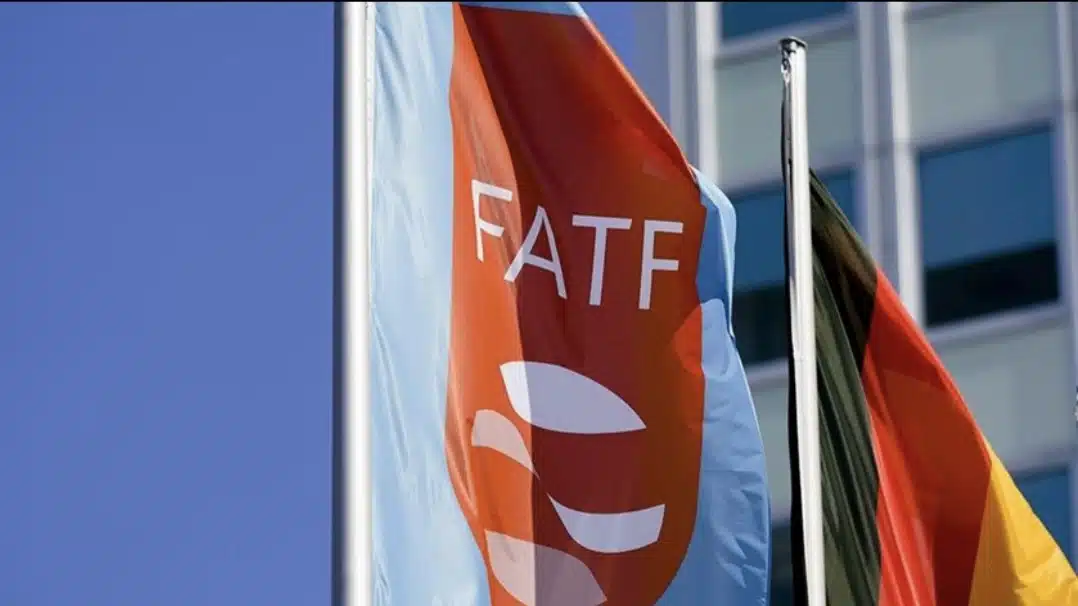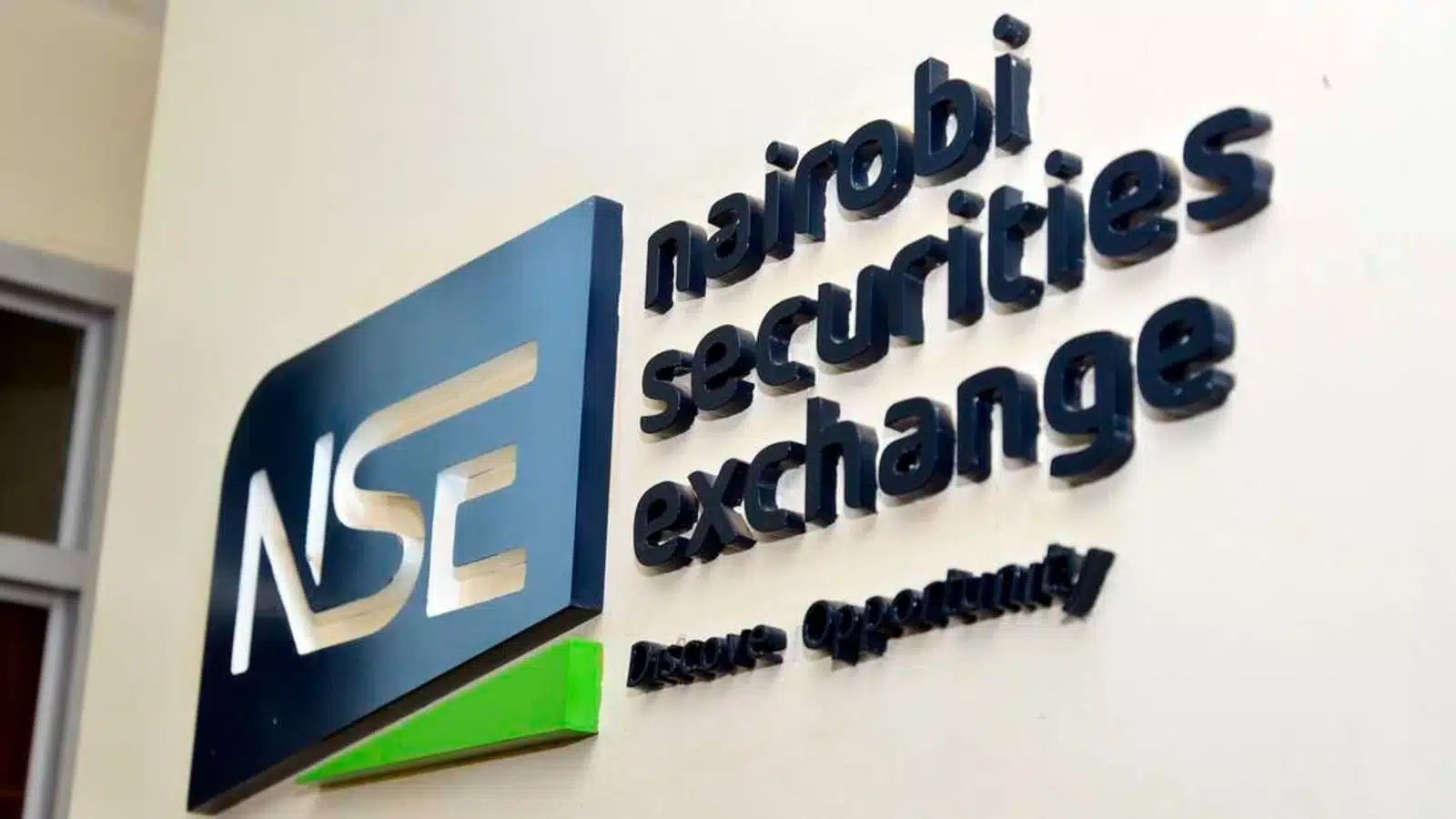At its October 2025 Plenary in Paris, the Financial Action Task Force (FATF) removed Nigeria and South Africa, along with Mozambique and Burkina Faso, from its list of jurisdictions under increased monitoring.
This marks the culmination of nearly two years of accelerated AML/CFT reforms in the continent’s most systemically important markets.
The grey list, effectively a watchlist for weaknesses in anti-money-laundering and counter-terrorism-financing frameworks, has long weighed on African access to international capital and correspondent-banking services.
According to an IMF study (IMF WP/21/153), grey-listing reduces capital inflows by an average of 7.6 % of GDP across affected countries — largely due to higher compliance costs and de-risking behaviour from global banks.
For African economies, where trade, remittances, and investment flows rely heavily on external clearing lines, the impact is direct: less liquidity, higher costs, and constrained investor appetite.
Nigeria: Reform momentum meets institutional coordination
Nigeria’s exit follows an intense reform cycle coordinated by the Nigerian Financial Intelligence Unit (NFIU), Central Bank of Nigeria (CBN), and Federal Ministry of Finance.
Key reforms included:
- Full implementation of the Money Laundering (Prevention and Prohibition) Act 2022 and Terrorism (Prevention and Prohibition) Act 2022.
- Creation of a Beneficial Ownership Register, addressing transparency gaps cited in Nigeria’s 2021 FATF mutual evaluation.
- Stricter supervision of non-bank financial institutions and designated non-financial businesses (law, real estate, casinos).
- Enhanced intelligence-sharing across the NFIU, EFCC, and regional AML body, GIABA.
- More penalties for financial institutions. According to a detailed analysis by Finance in Africa, Nigeria’s seven largest banks faced a combined $10.7 million in regulatory fines in 2024
The reforms lifted Nigeria’s technical-compliance scores on four FATF recommendations (24, 25, 28, 32) from “partially compliant” to “largely compliant.”
“Nigeria’s commitment goes beyond compliance as it reflects a national transformation agenda that prioritises transparency, integrity and accountability,” the NFIU said in its official statement announcing the delisting.
Nigeria’s Finance Minister Wale Edun added that “for us, the Action Plan was not the ceiling, but the floor of our aspirations.”
Industry sentiment echoes that optimism.
“This is a big deal because it opens up the country for FDI and engagement from the West, especially,” said Tayo Oviosu, Founder and CEO of Payments firm, Paga, in a public comment reacting to the FATF decision.
South Africa: From institutional repair to regulatory muscle
South Africa’s removal stems from an equally rigorous effort to repair state institutions weakened during the state-capture era.
The National Treasury, Financial Intelligence Centre (FIC), and Financial Sector Conduct Authority (FSCA) drove a 22-point FATF Action Plan.
By mid-2025, all items were “substantially completed,” paving the way for FATF’s on-site review and eventual delisting.
Key milestones:
- Establishment of a beneficial-ownership register under amendments to the Companies Act.
- Expanded supervision of DNFBPs (attorneys, estate agents, trust service providers).
- FSCA enforcement capacity increased sharply — AML-related fines rose from R25 million ($1.36 million) in 2022 to R175 million ($9.55 million) in 2024.
- A dedicated AML/CFT prosecution unit under the National Prosecuting Authority achieved a record number of convictions in 2024–25.
“The delisting provides a modest tailwind for sentiment and risk premia,” said Bastian Teichgreeber, Chief Investment Officer at Prescient Investment Management, in an interview with Reuters.
His assessment highlights how international investors are recalibrating their exposure to South Africa, expecting a gradual spread compression as credibility improves.
Regional resonance: rebuilding trust in African finance
Combined, Nigeria and South Africa represent over half of sub-Saharan Africa’s GDP and anchor most of the continent’s correspondent-banking corridors.
Their delisting signals to investors, global banks, and multilateral partners that Africa’s major markets can meet the highest international standards.
“Corporates and individuals will face less friction in cross-border payments once key jurisdictions mirror the FATF decision,” said Vincent Gaudel, Financial Crime Compliance Expert at LexisNexis Risk Solutions. “Banks will expand correspondent services, and trade-finance operations will run more smoothly.”
The immediate impact will be felt in regional payment infrastructure — from PAPSS in West Africa to TCIB in the southern corridor — where greater trust in AML/KYC processes reduces the friction that once hampered intra-African flows.
“This is a collective victory for Africa and I congratulate every regulator, policymaker, compliance professional, and financial institution driving reform, resilience, and transparency across these four countries,” Head of Compliance, Sterling Bank Nigeria, in a public statement on LinkedIn, 24 October 2025.
In addition to compliance wins on the AML/CFT front, sovereign-risk indicators are also improving. For example, Moody’s Investors Service upgraded Nigeria’s long-term foreign-currency issuer rating from Caa1 to B3 in May 2025, citing “a more resilient fiscal position, stronger external accounts and the government’s demonstrated commitment to macro-economic and structural reforms.”
Meanwhile, the broader African sovereign-rating landscape is shifting. In August 2025, S&P Global Ratings upgraded Kenya’s long-term sovereign rating from B- to B, citing improved external-liquidity buffers and resilient growth. This is a telling reminder of improved macro-financial resilience across the continent that’s changing perception.
Beyond delisting: sustaining credibility
FATF has placed both Nigeria and South Africa under a 12-month post-observation period, requiring proof that reforms translate into sustained enforcement.
For Nigeria, the challenge will be embedding transparency in beneficial-ownership verification and cross-agency coordination.
For South Africa, continued prosecution of high-value AML/CFT cases will be the real credibility test.
Both must move from regulatory compliance to a culture of compliance — embedding integrity into every financial transaction layer.
At a glance
| Indicator | Nigeria | South Africa |
| Grey-listing period | Feb 2023 – Oct 2025 | Feb 2023 – Oct 2025 |
| AML/CFT legislative reforms | 2 new Acts (2022) | 22-point Action Plan |
| FATF technical-compliance improvements | +4 recommendations upgraded | All 22 action items completed |
| Supervisory enforcement trend | ₦15 bn fines (2024) | R175m – $9.55 million (2024) |
| Observation period | 12 months (2025–26) | 12 months (2025–26) |
*Source: FATF Plenary Oct 2025; National Treasury SA; IMF WP/21/153.
For regulators, bankers, and investors, the message is clear: credibility is capital — and Africa just earned a meaningful upgrade.










